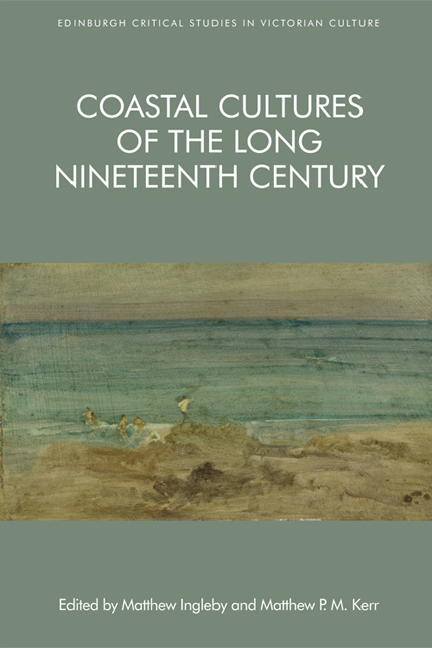6 - Seats and Sites of Authority: British Colonial Collecting on the East African Coast
Published online by Cambridge University Press: 01 May 2021
Summary
Aliye kalia kiti cha enzi ndiye mtawala. (The one who sits on the throne is the ruler.)
Swahili proverbIn the rich tradition of proverbs in kiSwahili, the language of the Swahili people of coastal East Africa, this saying alludes to the authority and responsibility bestowed upon the person seated on a throne. It also holds, according to the compiler of this list of proverbs, a broader metaphorical meaning: ‘The one who possesses an article at the time is its owner’ – in short, finders, keepers. Such a mind-set was certainly shared by a number of British officers in the colonial world. However, to brandish colonial collecting in East Africa as a simple snatch-and-grab exercise blinds us to the variety of modes of British and European engagement with the meanings embedded within material culture, particularly that produced on the Swahili coast. As we shall see in this chapter, many did not seize or acquire material arbitrarily, but were acutely aware of the political and cultural significance of objects as well as appreciating their aesthetic value. Several of those taking up residence in the region responded to local modes of domestic display, albeit with an aim of using such visual and material strategies to entrench their power on the coast.
The geographical and temporal setting of this chapter offers a wealth of insights into the particularities of cultural interactions that occur in these zones connecting the sea and the hinterland. The development of Swahili culture on the East African coast – the word Swahili itself derived from coast in Arabic – exemplifies how these liminal regions became cosmopolitan spaces. Influence from across the Indian Ocean and mainland Africa through millennia-old mercantile links and migration was evident in the cityscape, communities, language and religion of East Africa's coastal towns such as Mogadishu, Kilwa, Mombasa and Lamu. By the nineteenth century, the Omani Busaidi dynasty ruled the coastal region from their base in Zanzibar Town. This urban centre was home to a mixed population which, in addition to the Swahili majority, included a significant minority community of South Asian migrants who dominated the finance and service industries. The twice-yearly monsoon winds brought traders from the Persian Gulf and Southern Arabia who typically resided in Zanzibar Town for six months of the year.
- Type
- Chapter
- Information
- Coastal Cultures of the Long Nineteenth Century , pp. 116 - 134Publisher: Edinburgh University PressPrint publication year: 2018



